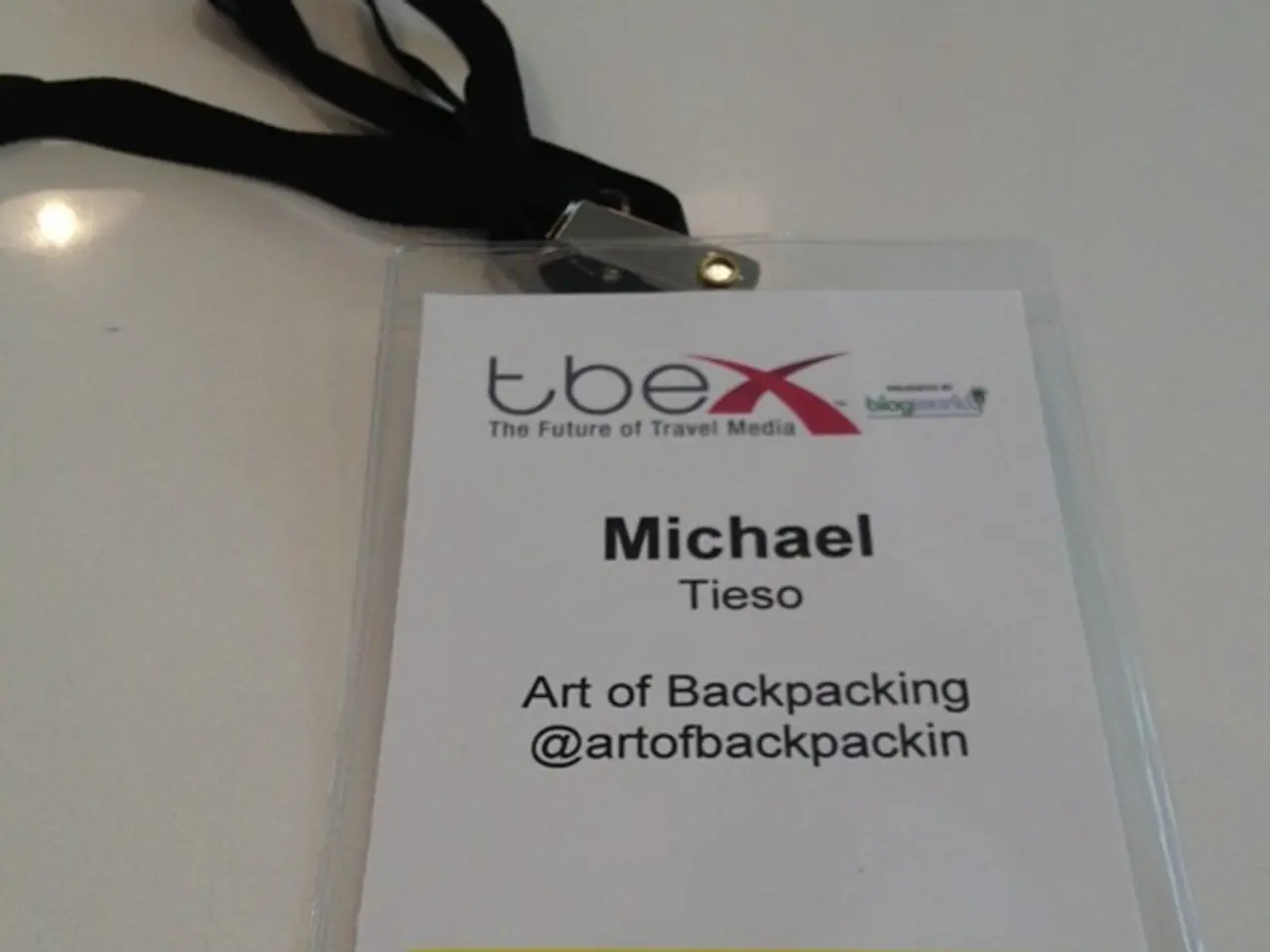Graduate Alumni Interviews Continued: A Chat with Alex Wheatley Class of 2016 and Nathan Eckstein Class of 2016 (Part 2)
In an insightful interview conducted by Emma Kaeser, Social Sciences Correspondent, Alex Wheatley and Nathan Eckstein discussed the disconnect between the realm of academia and the realm of public service, and the importance of data and research in public service work.
Wheatley, currently working at Health and Human Services' Office of Global Affairs, Asia-Pacific Office, is engaged in a health policy project that evaluates US engagement in the health systems of the Freely Associated States in the Pacific. Her previous experience includes working at the Division of Viral Diseases at the Center for Disease Control (CDC) in Atlanta, where she analysed the spatiotemporal dynamics of a virus (respiratory syncytial virus) in the US over the last three years.
Eckstein, on the other hand, worked in the Office of the Secretary of Defense for Policy, in Western Hemisphere Affairs, where he synthesised and summarised open-source data, news, public opinion polling, or social media to develop policy guidance.
The interview highlighted the challenges in identifying and collecting data for research in public service and the difficulty in reaching consensus on the right course of action. However, it also emphasised the importance of making research more applicable in the real world.
To achieve this, academic research can be made more accessible and applicable for policymaking by presenting findings in clear, actionable formats such as policy briefs. This involves integrating structured policy research methods focused on legal alignment, stakeholder impacts, and measurable outcomes, and utilising research dissemination approaches tailored to policymakers' needs and timelines.
Key strategies include using concise, accessible formats like Policy Briefs that summarise research results, explain implications, and provide clear, actionable policy recommendations understandable to non-experts. Conducting structured policy research that goes beyond data collection to include issue identification, contextual analysis, legal review, stakeholder impact assessment, and outcome evaluation also supports evidence-based decision-making.
Moreover, aligning research outputs with policy cycles and timelines by streamlining traditional regulatory research processes is crucial to deliver timely insights relevant to decision points in policy development. Emphasising research transparency and iterative evaluation builds trust and allows policymakers to understand both strengths and limitations of evidence, supporting adaptability in policy design.
Finally, training researchers in policy-relevant methods and communication, such as those taught in specialized academic programs that combine educational research methods with policy studies, is essential. These programs focus on the social, political, and cultural dimensions of policy issues alongside quantitative and qualitative data analysis.
The interview is part of the Spring Seasonal Series, Graduate Student Reflections: Life in Academia, and offers valuable insights for undergraduate as well as graduate student researchers. The point made by Wheatley and Eckstein that informative policy research conducted in the academic world is not always incorporated into actual policy making has important implications for improving the design of research projects.
The interview does not discuss advertisements or unnecessary information, and does not repeat earlier facts about the SINSI Graduate Program, the fellowship component of the SINSI program, or the previous positions of Wheatley and Eckstein. It serves as a thought-provoking conversation that sheds light on the role of research in the fellowship component of the SINSI program and the differences in the way research is incorporated in different positions.
- Pursuing personal growth and career development, one might consider online education platforms offering skills training in areas such as education-and-self-development, mindfulness, and learning, enhancing one's aptitude for policy research.
- To ensure research findings are actionable and applicable in the real world, one must employ structured policy research methods, focusing on skills like contextual analysis, stakeholder impact assessment, and legal review, thereby contributing to career development and bridging the gap between academia and public service.
- For professors and researchers alike, participating in skills-training programs that focus on policy-relevant communication and methods, such as in programs combining educational research methods with policy studies, can considerably boost one's education-and-self-development, making their research more impactful in the realm of public service.




